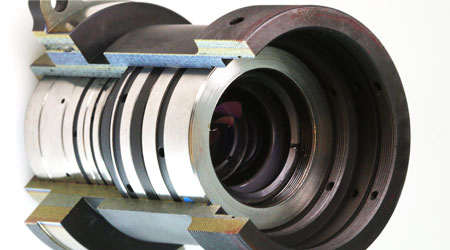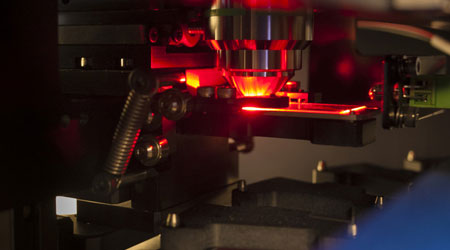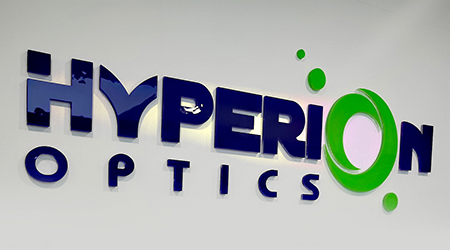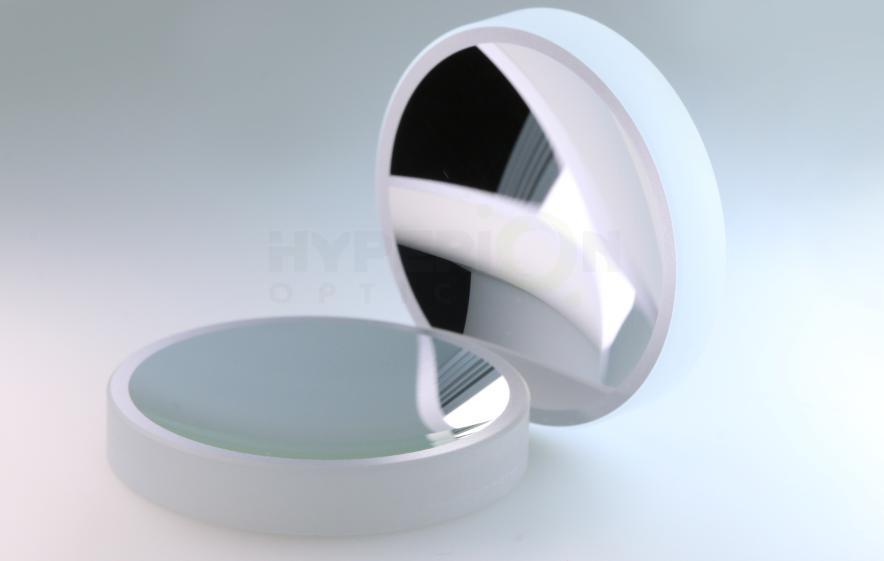
The concave mirror is the reflection imaging, it is not the light through, but the reflection back to the imaging instrument, the light observes the reflection law. A concave mirror is a spherical mirror which has no chromatic aberration because there is no refraction but still has a spherical aberration. If a mirror without spherical aberration is required, a parabolic / ellipsoidal / hyperboloid mirror can be selected.
Concave mirrors can be used to create images of light sources. Concave mirrors can be tricky to use as the object and image will now exist in the same space. However, concave mirrors have one incredible characteristic in that the image location and quality is completely independent of the wavelength and so the round concave mirrors does not create chromatic aberration unlike equivalent lens optics. This allows the design of very wide spectral range instruments and does allow a system that will work in the IR to be aligned using visible light.
Concave mirrors are typically used in reflecting telescope, electron microscopes and a range of scientific instrumentation applications where there is a requirement to image distant objects.
Our range of quality concave mirrors are coated for use in the visible and near infra-red regions. We can also strip the aluminium coating from our stock concave optical mirrors and coat with a desired coating, i.e. Protected Gold or UV aluminium. This can be done at short notice to create your bespoke custom concave mirror. This can be very helpful with development work.

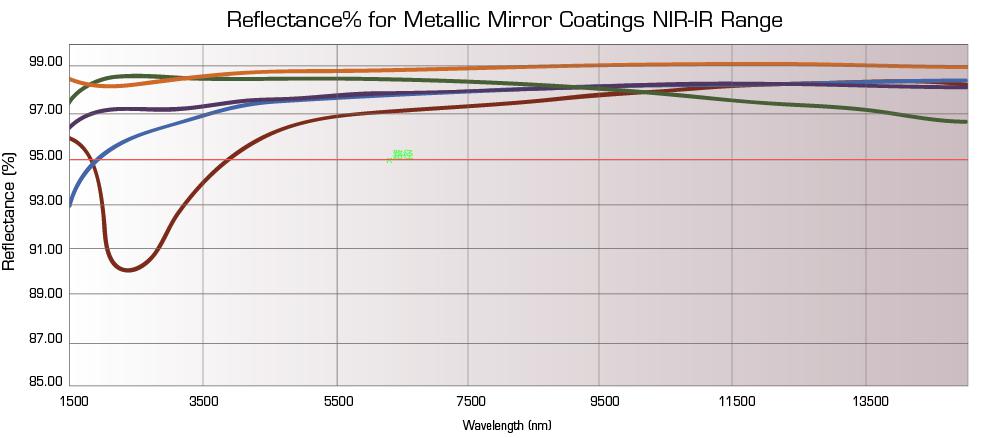

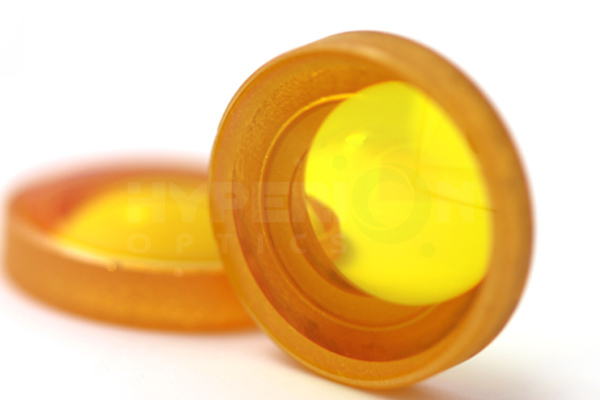
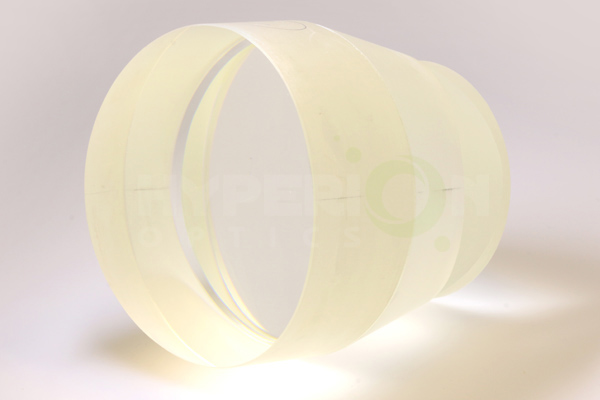
 Call us on:
Call us on:  Email us:
Email us:  9B-4F, No.1 Qingnian Road Liando U Valley,Yuhua International Wisdom Valley, Nanjing, 210039 China
9B-4F, No.1 Qingnian Road Liando U Valley,Yuhua International Wisdom Valley, Nanjing, 210039 China 








 English
English  cn
cn  de
de  es
es  fr
fr 
